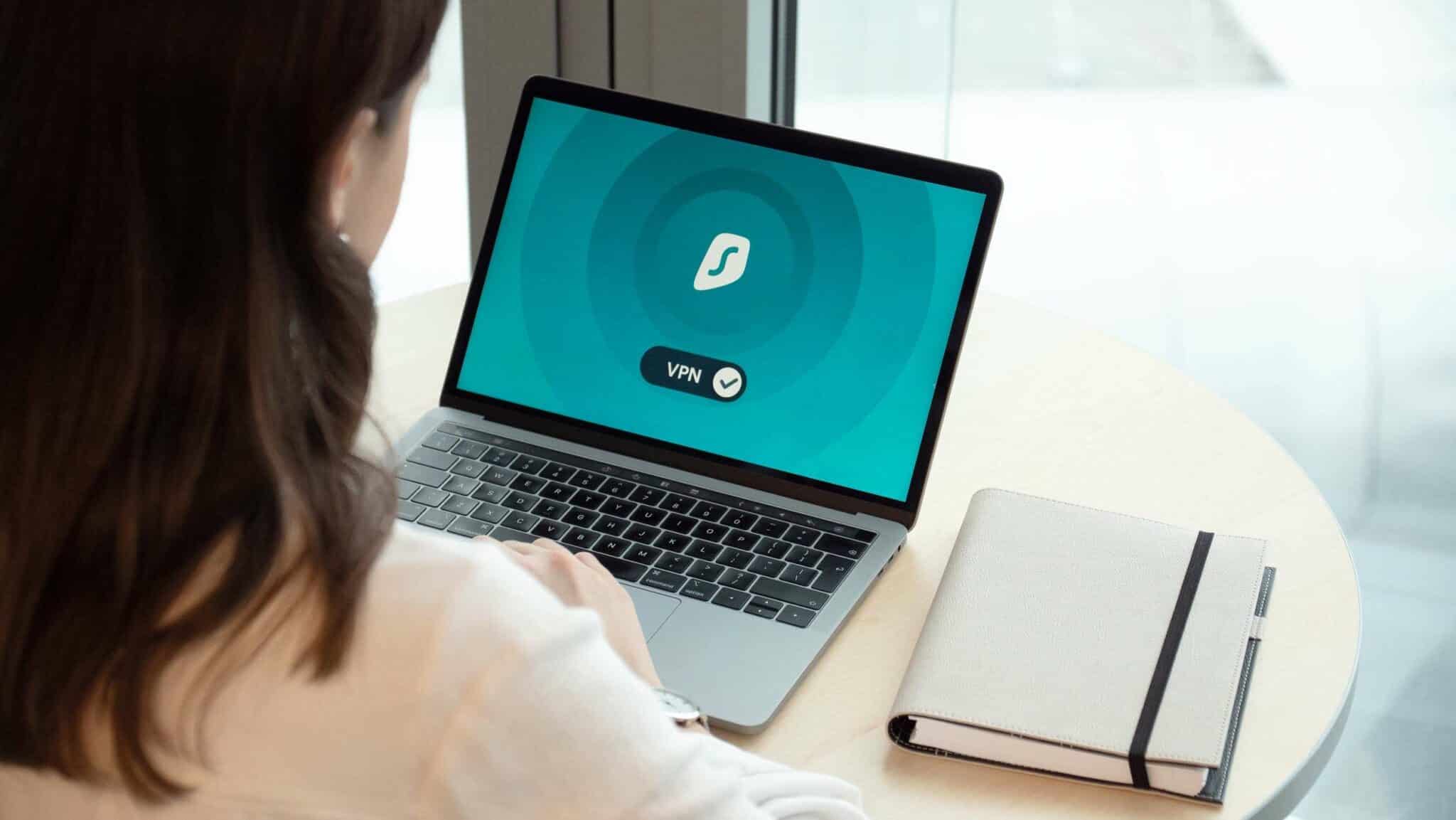Client Data Protection Tips to Keep Your Customers Safe

The cost of data breaches can be high. IBM estimates that the average overhead cost of cybercrime has now jumped to $4 million per case – up about 30 percent in just a few years. Using these client data protection tips will help to keep your customers safe.
Client Data Protection Tips
The findings of a 2016 report show that most people would rather lose their main source income than lose their data. So if your business handles valuable data, including personal and contact information, credit card details, and financial documents, you must have hack-proof security measures in place to keep all that sensitive data protected at all times. Here are seven client data protection tips to help you get started on the right foot.
Develop a Clear Privacy and Security Policy
How can you assure your customers that their data is safe? Having a robust privacy policy will give your customers peace of mind from the understanding that their personal information is safe and secure. The security policy should clearly explain which security measures you’ve put in place to prevent breaches, theft, and unofficial access. Be honest with customers regarding the consumer details you collect and how you use them. Being straightforward with them from the start will go a long way in building a strong consumer trust and showing you care about their data and are doing everything possible to keep it safe.
Update Your Encryption Practices
Technology is never still – it evolves at a dramatic rate. Encryption technologies and practices evolve at a fast-paced speed, as well. Failing to review and update encryption practices accordingly can expose your organization to attacks. Develop a regular schedule to determine if your existing encryption technologies and procedures are current. The same should apply to any security-related technology. Remember out-of-date security systems can give cybercriminals a field day in your business. A good example of a reliable data encryption tool is the NordVPN.
Limit Access to Sensitive Customer Data
Valuable consumer details should only be accessible to a few employees and managers who need them to complete specific work responsibilities. Limiting access to only a few individuals with an authentic need reduces vulnerable points and hacking opportunities.
Avoid Collecting Unnecessary Customer Information
Other than wasted effort, time, and resources, collecting what you don’t need makes you a bigger target for hackers. It also makes some consumers doubt the motive behind collecting all that sensitive data in the first place. So it’s important to collect only what your business needs. You can even go a step ahead and provide your customers with an option to decide whether they’re willing to give out their personal data to you or not.
Destroy before Discarding
Some data get illegally accessed or stolen right out of your trash can in the passageway. Although recycling old paper copies and documents is a great environmental conservation effort, it can lead to data breaches if you aren’t careful. So ensure you shred these old documents and paper copies before dumping them. If you’re decommissioning some of your computers, have the hard drive pulled from each of them and physically destroyed. Also, consider deleting consumers’ data when you no longer need it.
Ensure Your Machine is Always Clean
Equipping your machine with an up-to-date operating system, Internet browser, and security program can be a great protection against malware, viruses, and tons of other online cyber attacks. Many security software solutions can automatically update themselves to protect against multiple known threats. Enable automatic updates to take advantage of this valuable capability.
Train Your Employees in the Best Data Security Practices
Your employees happen to be the weakest link between client personal data and a data security breach. Equip your employees with strategies for securing company data at every point of entry, including on-site computers and mobile devices. Protected files should come with multi-factor authentication to prevent unauthorized off-site access. If you’ve remote employees, software VPNs such as NordVPN will come in handy. This VPN will provide your remote workers with a dedicated IP address that they can use from any part of the world to ensure maximum protection of your data and easy access to your digital resources.
Hackers will always be targeting your client information. But the power to keep your customer data as secure as possible lies with you. These seven tips will be helpful in your journey of building a strong data cyber-security system for your business.
















Leave a Reply